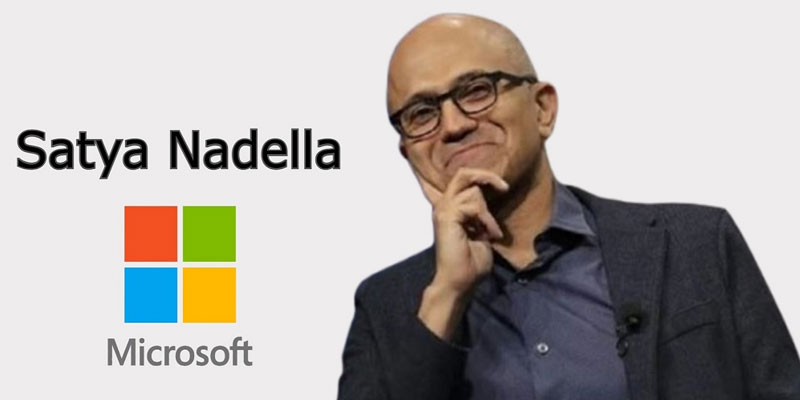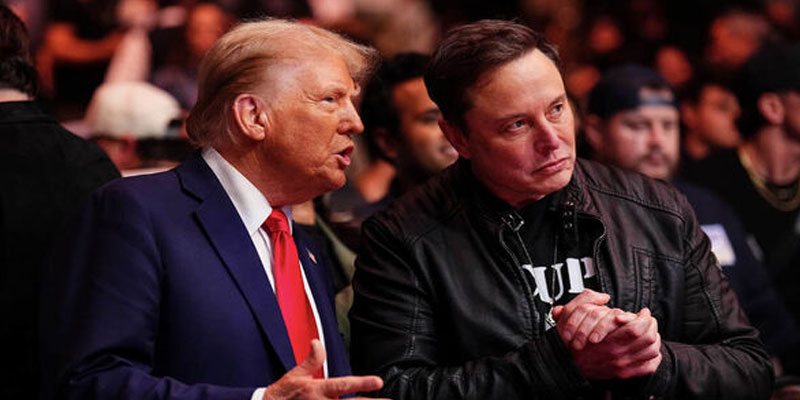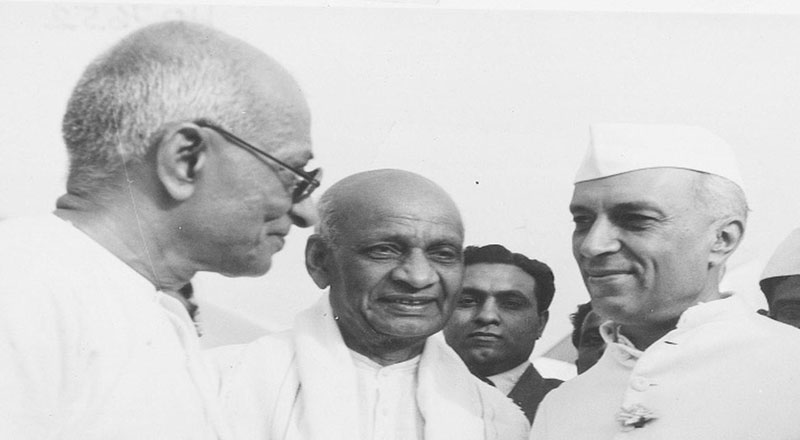Putin's Push: Goodbye WhatsApp, Hello ‘National Messenger’
Russian President Vladimir Putin has called for the complete phase-out of WhatsApp among government officials, demanding its replacement with a Russia-made national messaging app. This move marks the final step in cutting off foreign digital platforms in Russia, with WhatsApp standing as the last widely used Western service in the country.
The decision comes amid growing geopolitical tensions and Moscow’s desire to consolidate technological sovereignty. Russia’s State Duma has already passed legislation to support the creation of a fully indigenous communication platform that will not only serve as a chat app but also integrate government services, digital IDs, and secure transactions.
Understanding WhatsApp’s Global Dominance and Russia’s Intent
WhatsApp, owned by Meta (formerly Facebook), is one of the world’s most widely used messaging platforms, with over 2 billion users globally. It plays a pivotal role not just in personal communication but in business operations, e-commerce, healthcare, and government services in many countries.
In Russia, however, the climate has grown increasingly hostile toward foreign tech companies. Amid sanctions, surveillance concerns, and a growing demand for “digital independence,” Putin's administration has accelerated efforts to replace foreign platforms with homegrown alternatives.
Presidential spokesperson Dmitry Peskov stated the new platform will be “best in class”, operating on Russian-developed software and offering advanced features, including integration with Gosuslugi, the national digital services portal.
What Will Russia’s National Messenger Look Like?
According to official plans, the app will:
· Be built entirely on Russian software architecture
· Integrate with Gosuslugi for document verification and government services
· Support electronic signatures for legal transactions
· Offer end-to-end encryption and secure communications
· Potentially act as a business and commerce platform, similar to how WeChat operates in China
Peskov emphasized that the messenger must be competitive, urging the development of not just one but multiple Russian messengers to encourage innovation through internal competition.
The Global Trend: Countries with Their Own Messaging Apps
Russia’s decision follows a trend set by several countries that have already established domestic messaging platforms to reduce dependence on foreign tech giants:
· China – WeChat: A multi-functional app for messaging, payments, shopping, government services
· Japan – LINE: Popular for secure messaging and financial services, also used by government agencies
· South Korea – Kakao Talk: Widely used in daily life, with features ranging from banking to booking services
· Vietnam – Zalo: Developed as a secure local alternative, with growing adoption across sectors
These apps are not just about chat—they function as ecosystems, integrating digital payments, identity, services, and more.
What This Means for WhatsApp’s Business
The Russian ban is not expected to significantly dent WhatsApp’s global market share, but it marks a symbolic shift in the tech decoupling trend. While Russia's active WhatsApp user base is relatively small compared to regions like India, Brazil, or Europe, the message is loud: Sovereign digital infrastructure is now a geopolitical priority.
Moreover, if Russia’s model proves successful, other authoritarian or semi-authoritarian governments may follow suit, further fracturing the global tech landscape.
For WhatsApp, this is also a reputational blow. Being the last major Western platform still allowed in Russia, its ejection could limit its growth in politically sensitive regions and force Meta to rethink its international strategies amid rising data sovereignty demands.
Messaging Platforms in the Age of Digital Nationalism
Russia’s move to develop its own messenger is as much about technology as it is about sovereignty. In a world increasingly shaped by data control, security concerns, and ideological divergence, platforms like WhatsApp—though dominant—are no longer seen as neutral utilities.
While WhatsApp may survive the Russian exit financially, the broader implications are clear: nations are no longer content being passive consumers of foreign digital tools. They want ownership, control, and independence.
And in this new world of digital nationalism, the race to build competitive, self-reliant platforms has just begun.
(With agency inputs)





















